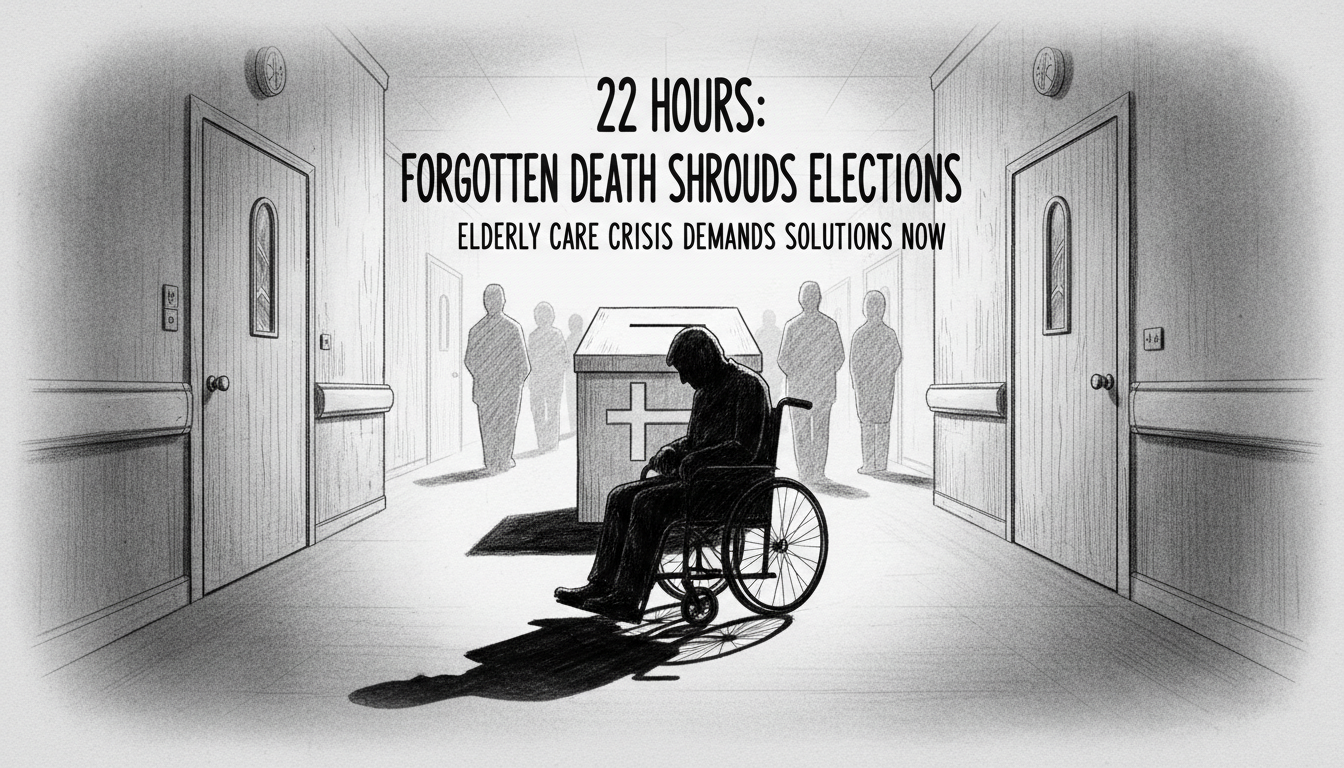A disturbing case of neglect at a Danish care home has upended local election campaigns in Dragør municipality. An elderly resident at Enggården care home was left unattended in an armchair for nearly 24 hours just days before their death. Staff discovered the resident still sitting in the same chair the next morning with their bed remaining untouched since the previous day. The resident passed away nine days after the incident occurred.
This case highlights systemic challenges in Denmark's elderly care system. Denmark prides itself on comprehensive social welfare, yet care home incidents periodically reveal troubling gaps in supervision. The timing proves particularly awkward for local politicians as municipal elections approach. Voters now question candidates about care quality and staffing levels.
Elderly care represents a major responsibility for Danish municipalities. Local governments manage most care homes and home care services across the country. Funding shortages and staff recruitment problems have plagued the sector for years. This incident in Dragør exemplifies broader national concerns about elderly welfare.
An expert on Danish social systems noted such cases occur more frequently than publicly acknowledged. They explained that Denmark's aging population creates increasing pressure on care services. Municipal budgets struggle to keep pace with growing demand for elderly care. Staff shortages often lead to rushed care routines and missed safety checks.
The political implications extend beyond Dragør's borders. Similar care quality concerns affect municipalities throughout Denmark. Election candidates across the country now face intensified scrutiny of their elderly care policies. Voters want concrete plans for improving care home conditions and staff training.
What happens next for Dragør's care system? Municipal officials have launched an internal investigation. They promise full transparency about the incident's circumstances. The local health authority will likely conduct its own review of Enggården's procedures. Meanwhile, election campaigns have suddenly shifted focus to care quality guarantees.
International readers might wonder how this compares to care standards in their countries. Denmark typically ranks high in global elderly care assessments. Yet this case demonstrates that even well-regarded systems experience serious failures. The incident serves as a reminder that adequate staffing and proper protocols remain essential everywhere.
The tragedy raises difficult questions about accountability. Who bears responsibility when systems fail vulnerable residents? How can municipalities prevent similar incidents? These questions now dominate local political debates as voters prepare to cast their ballots.
